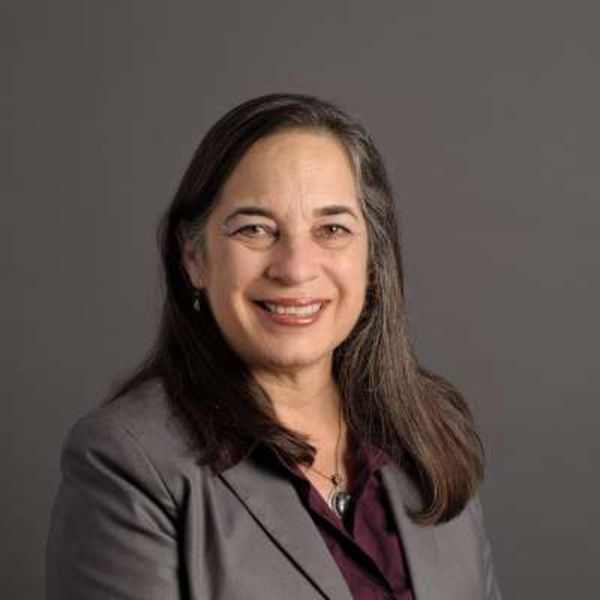Using technology and partnerships to achieve literacy among non-literate Spanish speakers, which helps thousands of Californians gain skills necessary to secure a better life for themselves and their families.
As home to residents from a wide diversity of countries, California confronts the challenge of integrating non-English speakers as full participants in community life — yet two-thirds of the California students enrolled in English as a Second Language (ESL) coursework do not successfully complete the program.
For some, the issue is illiteracy. For example, more than 500,000 Spanish-speaking adults in California struggle to advance without the ability to read or write in any language. Dependent and vulnerable, they improvise through a world of indecipherable traffic signs, workplace instructions, and books they can’t read to their children.
Mari Riddle and her team at Centro Latino for Literacy are expanding the availability of an innovative curriculum that starts with Spanish literacy as the foundation for English language acquisition, professional skill building, and personal growth.
“Literacy is a proxy for access,” said Riddle. “Once people are literate, they begin to see new possibilities and set goals that are much more profound…to become a U.S. citizen, to secure a job promotion, to start their own business. The value to their families and the communities where they live and work is extraordinary.”
Once people are literate, they begin to see new possibilities and set goals that are much more profound…to become a U.S. citizen, to secure a job promotion, to start their own business.
Mari Riddle
Located west of downtown Los Angeles, in the dense Westlake-Pico Union neighborhood, Centro Latino has taught basic literacy and numeracy to more than 5,500 non-literate Latino adults ranging from ages 16 to 88 since the organization opened its doors in 1991. Literacy graduates go on to pursue basic English, computer, job readiness, and parenting classes offered through Centro Latino’s partnerships with education and community service organizations. To date nearly 9,000 adults have participated in these courses, which are held at Centro Latino’s store-front classrooms.
With Riddle’s guidance, Centro Latino has improved and expanded its interactive, Web-based introductory course, Leamos™ (Let’s Read), and transitioned to a social enterprise model. Online subscriptions are sold to organizations and individuals for a nominal fee. Future plans include migrating Centro Latino’s current classroom-based courses, Leamos grammar and Listos math and financial education, to an online platform.
“Literacy Partner” organizations — including colleges, employers, community centers, and libraries — subscribe to provide the communities they serve with powerful, fully online literacy education that requires no instructor.
Due to restrictions on public funding for Spanish literacy instruction, some Literacy Partners have to secure private funding to provide Centro Latino coursework — a hurdle that Riddle believes should be eliminated.
“People want to learn. People want to advance. Recognizing native language literacy as the foundation to full integration into English speaking life is absolutely the key,” said Riddle.
For bringing thousands of non-literate Spanish speakers online for literacy, learning, and a lifetime of opportunity, Mari Riddle is a recipient of a 2014 James Irvine Foundation Leadership Award.
Video by Talking Eyes Media
Leamos (formerly Centro Latino Literacy)
Issue Areas
Primary Regions Served
Update
In 2015, Centro Latino for Literacy closed its classroom operations and expanded the reach of Leamos, its trademark Spanish adult literacy online curriculum. Leamos is now a project of ProLiteracy, the nation’s largest adult literacy organization. Since 2017, Mari has led Grand Performances which provides free access to global arts performances.
The written profile and video reflect the work of the leader(s) the year they received a Leadership Award. Please contact the leader(s) for current information.
